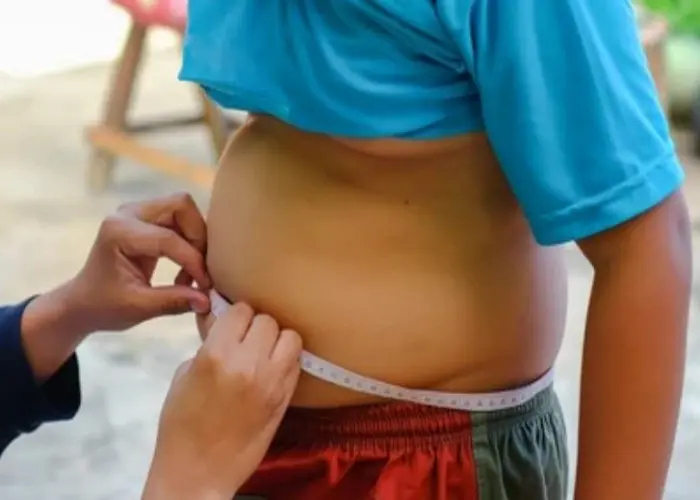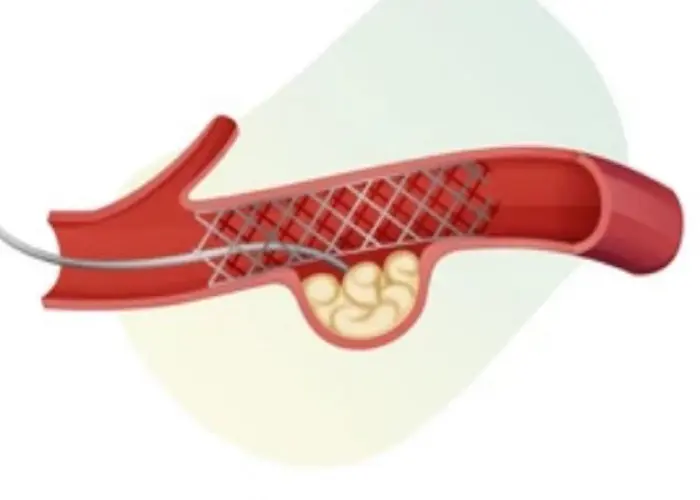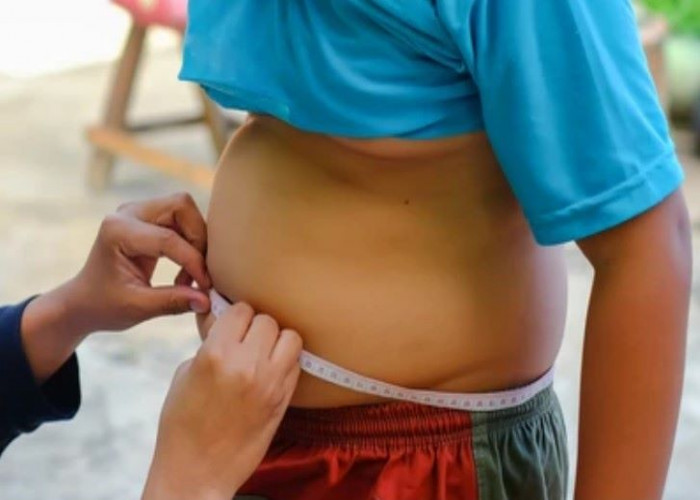 Welcome
Welcome
“May all be happy, may all be healed, may all be at peace and may no one ever suffer."
Childhood obesity

Childhood obesity is a serious medical condition that affects children and adolescents. It's particularly troubling because the extra pounds often start children on the path to health problems that were once considered adult problems — diabetes, high blood pressure and high cholesterol. Childhood obesity can also lead to poor self-esteem and depression.
One of the best strategies to reduce childhood obesity is to improve the eating and exercise habits of your entire family. Treating and preventing childhood obesity helps protect your child's health now and in the future.
Research Papers
Disease Signs and Symptoms
- Obesity is diagnosed when your body mass index (BMI) is 30 or higher.
- Overweight and obesity
Disease Causes
Childhood obesity
Lifestyle issues — too little activity and too many calories from food and drinks — are the main contributors to childhood obesity. But genetic and hormonal factors might play a role as well.
Disease Prevents
Childhood obesity
To help prevent excess weight gain in your child, you can:
- Set a good example. Make healthy eating and regular physical activity a family affair. Everyone will benefit and no one will feel singled out.
- Have healthy snacks available. Options include air-popped popcorn without butter, fruits with low-fat yogurt, baby carrots with hummus, or whole-grain cereal with low-fat milk.
- Offer new foods multiple times. Don't be discouraged if your child doesn't immediately like a new food. It usually takes multiple exposures to a food to gain acceptance.
- Choose nonfood rewards. Promising candy for good behavior is a bad idea.
- Be sure your child gets enough sleep. Some studies indicate that too little sleep may increase the risk of obesity. Sleep deprivation can cause hormonal imbalances that lead to increased appetite.
Also, be sure your child sees the doctor for well-child checkups at least once a year. During this visit, the doctor measures your child's height and weight and calculates his or her BMI. A significant increase in your child's BMI percentile rank over one year may be a possible sign that your child is at risk of becoming overweight.
Disease Treatments
reatment for childhood obesity is based on your child's age and whether he or she has other medical conditions. Treatment usually includes changes in your child's eating habits and physical activity level. In certain circumstances, treatment might include medications or weight-loss surgery.
Disease Diagnoses
Disease Allopathic Generics
Disease Ayurvedic Generics
Disease Homeopathic Generics
Disease yoga
Childhood obesity and Learn More about Diseases

Persistent depressive disorder (dysthymia)

Headaches in children

Lead poisoning

Shin splints

Ichthyosis vulgaris

Child abuse

Color blindness

Aneurysms
Childhood obesity, Causes of childhood obesity, শৈশব স্থূলতা
To be happy, beautiful, healthy, wealthy, hale and long-lived stay with DM3S.
